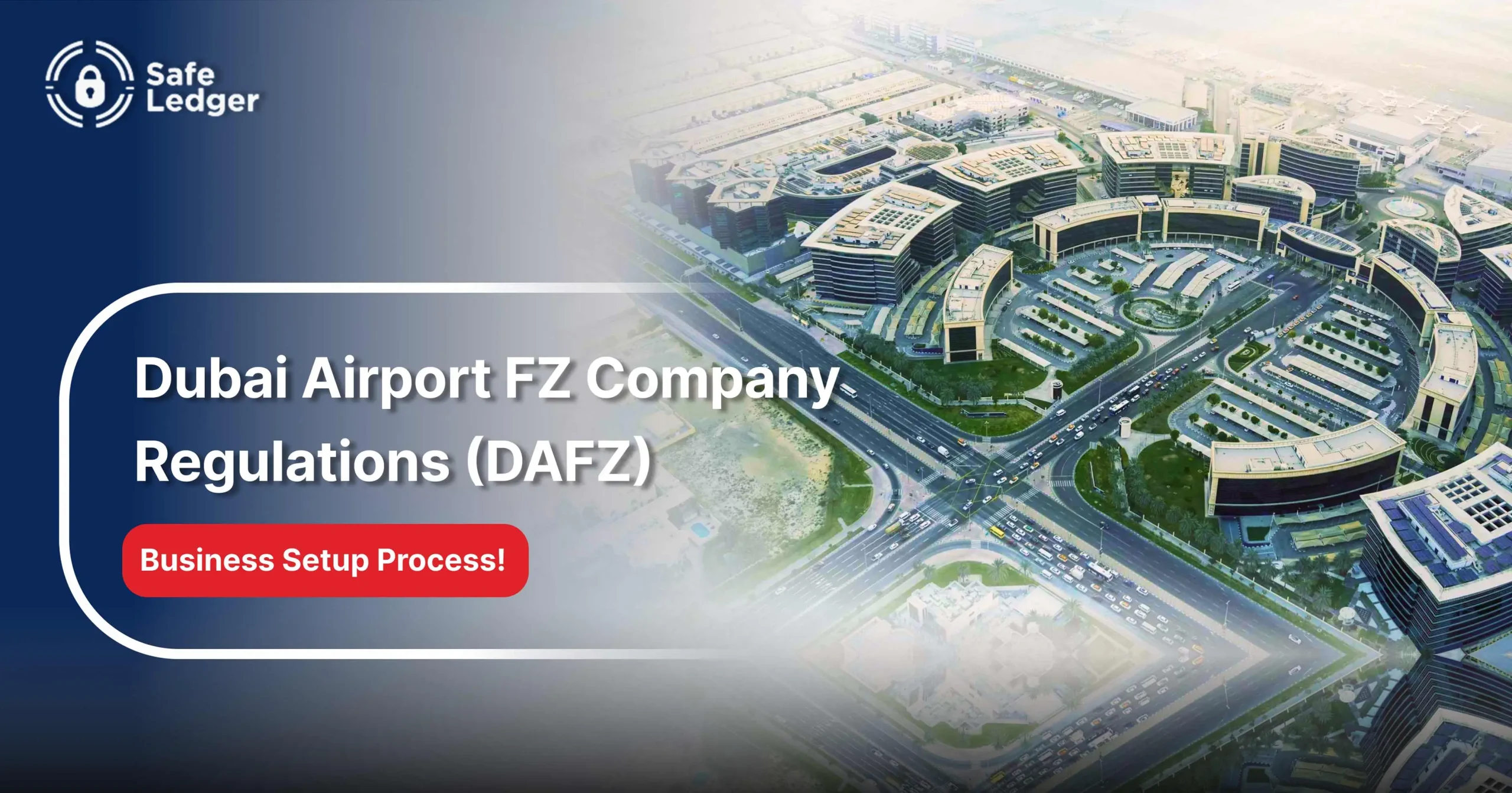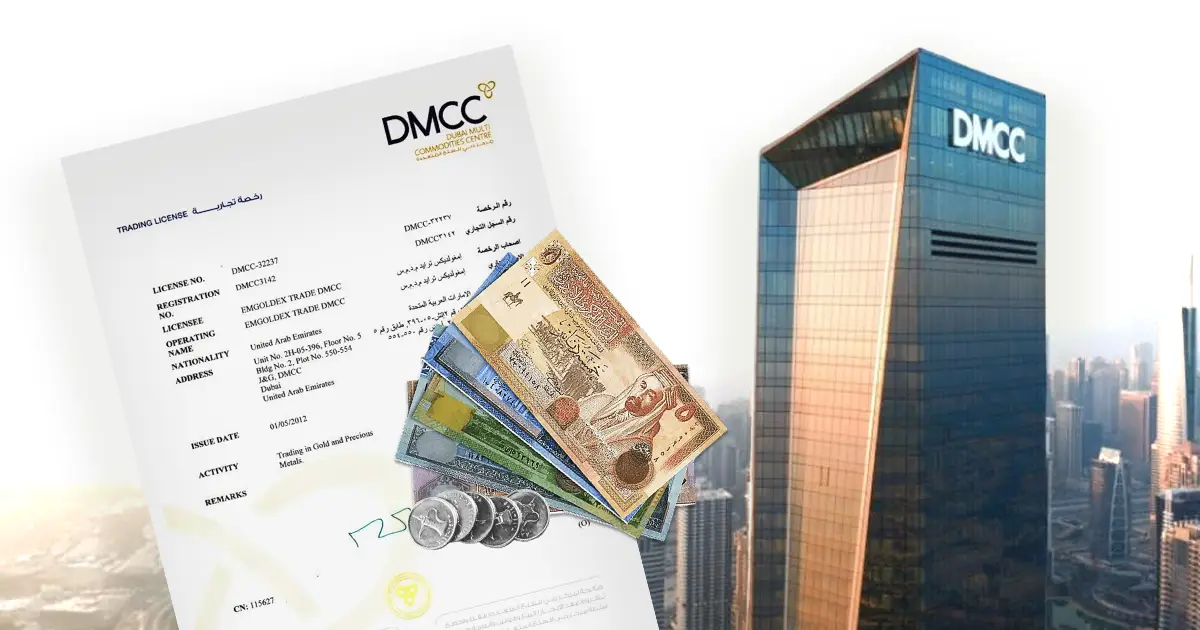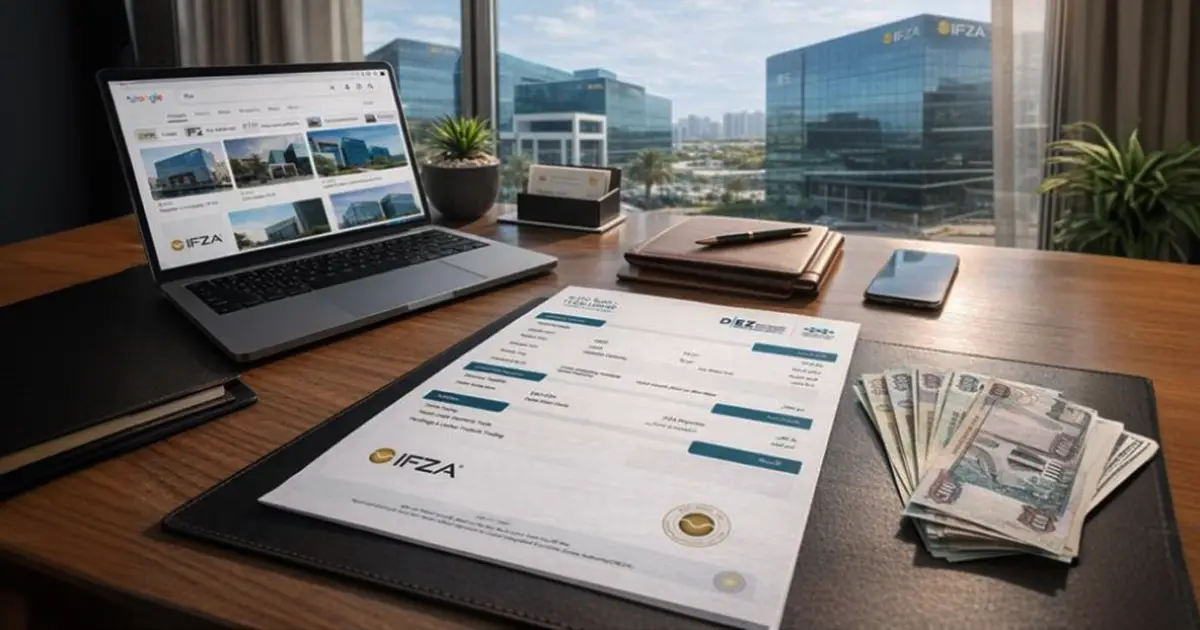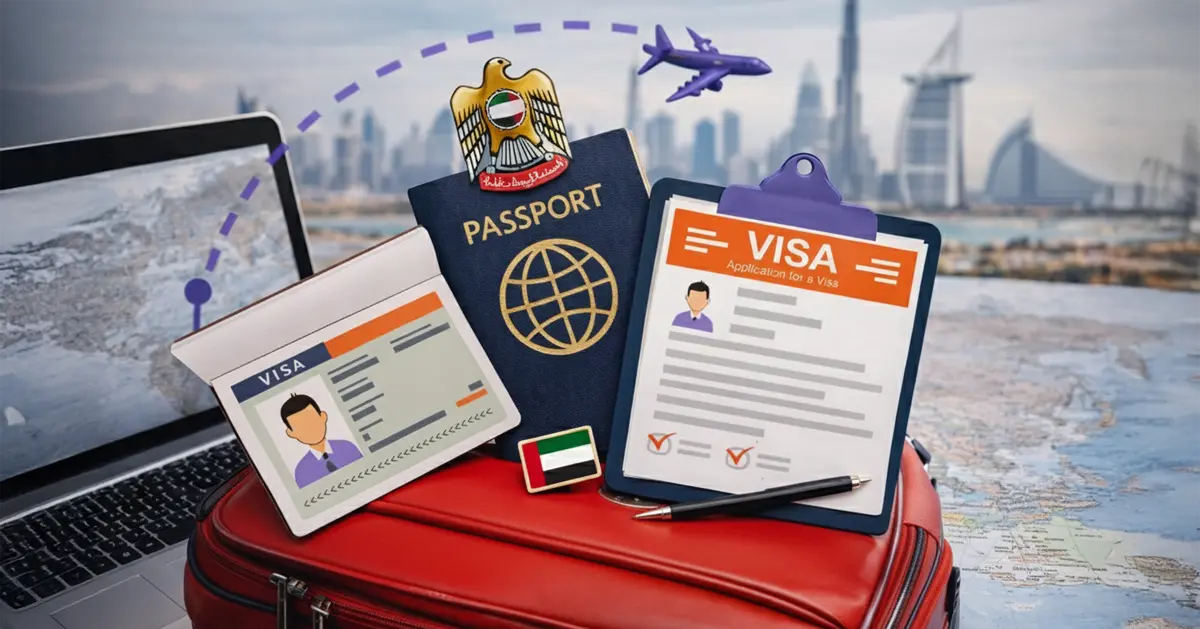A robust legal framework governs the operations of all companies within DAFZ. This framework establishes the zone’s autonomy and outlines the rights and responsibilities of registered businesses.
-
Founding Law: Law No. (25) of 2009
The foundation of DAFZ’s legal structure is Dubai’s Law No. (25) of 2009. This law officially established the Dubai Airport Free Zone Authority as the governing body. It grants DAFZ regulatory autonomy, allowing it to create its own rules for licensing and company operations.
Key provisions of this law guarantee major financial incentives, including exemptions from taxes and the right to full capital and profit repatriation.
-
DAFZ Implementing Regulations 2021
In 2021, DAFZ introduced a new set of Implementing Regulations. These modern rules replaced the previous ones and brought the free zone’s legal framework in line with international best practices. The 2021 regulations introduced greater flexibility and enhanced corporate governance standards.
They also modernized the procedures for Dubai Free Zone Company Registration, making the zone even more attractive to global businesses.
-
Interaction with UAE Federal Laws
While DAFZ has its own regulations, companies operating within it remain subject to UAE federal laws. Therefore, compliance with both the free zone framework and national legislation is essential. This is a crucial aspect of the Dubai Airport Free Zone Regulations. For example:
- Federal laws on Anti-Money Laundering (AML), Intellectual Property (IP), and securities apply to all DAFZ companies.
- The UAE’s federal corporate tax law is applicable, although DAFZ companies can benefit from a 0% tax rate if they meet specific conditions.
- DAFZ has its own employment regulations, but they are based on the principles of the UAE Labor Law.
In addition, companies must ensure they comply with both DAFZ regulations and relevant federal laws to maintain smooth operations.
-
Key Innovations in the 2021 Regulations
The 2021 regulations introduced several modern features that significantly enhance the flexibility and governance of DAFZ companies.
- Flexible Share Structuring: The new rules allow companies to issue different classes of shares. This is like having different types of tickets to an event; some shares might come with voting rights (VIP tickets), while others might only have rights to profits (general admission). This allows for more complex and tailored investment structures.
- Virtual or Electronic General Assemblies: The regulations officially authorize companies to hold their general assembly meetings electronically, using platforms like Zoom or Microsoft Teams. This makes it easier for international shareholders to participate in important company decisions.
- Stricter Beneficial Owner Disclosure: The rules introduced a stricter regime for disclosing the Ultimate Beneficial Owner (UBO), the real person who ultimately owns or controls the company. Companies must maintain an updated register of their beneficial owners and report any changes within 14 days, promoting transparency.
- Migration and Conversion Flexibility: The regulations now provide a clearer framework for companies to migrate into DAFZ from other jurisdictions or, alternatively, to convert from one entity type to another (for example, from an FZCO to a PLC). As a result, businesses gain greater corporate flexibility, while simultaneously ensuring regulatory clarity and continuity.





